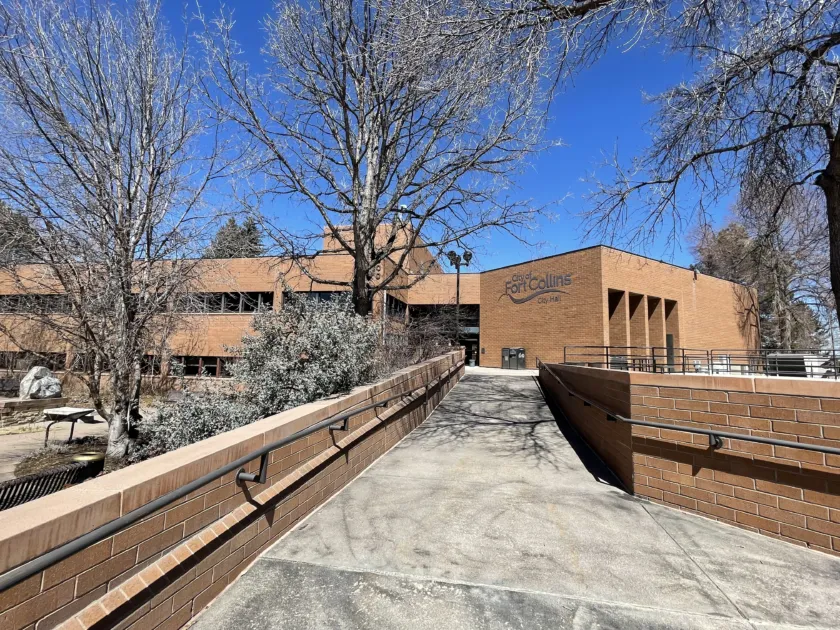Fort Collins council gives initial nod to 1041 rules

FORT COLLINS — Despite pleas from water-district officials and mayors from two other cities to collaborate through intergovernmental agreements, the Fort Collins City Council gave first-reading approval Tuesday night to rules that would implement its authority to address environmental and other concerns under state “1041” regulations.
House Bill 1041, passed in 1974, gives local authority to local governments in cases where governmental units are in conflict over developments, with one asserting authority over another — especially regarding environmental concerns that a local government might have with a project of “statewide” concern being built within a local community.
One such project is the…
THIS ARTICLE IS FOR SUBSCRIBERS ONLY
Continue reading for less than $3 per week!
Get a month of award-winning local business news, trends and insights
Access award-winning content today!




